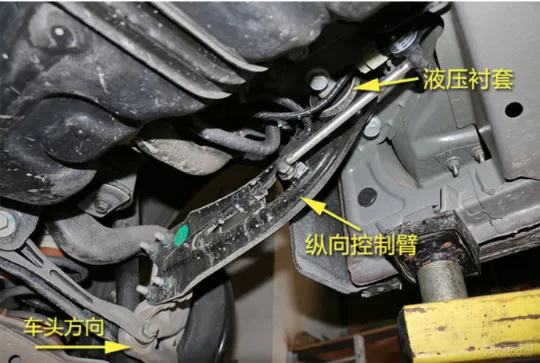off grid solar system for home
Off-Grid Solar Systems for Homes A Sustainable Energy Solution
As the world seeks sustainable energy solutions, off-grid solar systems have gained popularity, particularly among homeowners looking to reduce their carbon footprint and enhance energy independence. An off-grid solar system refers to a setup that allows households to generate and use solar power without relying on the public electricity grid. This article explores the benefits, components, and considerations of off-grid solar systems for homes.
Benefits of Off-Grid Solar Systems
1. Energy Independence One of the most significant advantages of off-grid solar systems is the independence they offer homeowners. By producing their own electricity from the sun, homeowners can disconnect from the utility grid. This is particularly beneficial in remote areas where grid access is limited or non-existent.
2. Environmental Impact Utilizing solar energy reduces reliance on fossil fuels, thus decreasing greenhouse gas emissions. Off-grid systems contribute to a cleaner environment by promoting the use of renewable energy sources, helping mitigate climate change.
3. Cost Savings Although the upfront investment for installing an off-grid solar system can be high, it can lead to long-term savings. Homeowners can eliminate or significantly reduce their monthly electricity bills. Additionally, many regions offer tax incentives, rebates, or grants that can help offset initial costs.
4. Resilience and Reliability Off-grid systems provide a reliable source of energy, especially in areas prone to power outages. With an off-grid setup, homeowners can generate power during emergencies, ensuring that lights, heating, and essential appliances remain functional.
5. Customization Off-grid solar systems can be tailored to meet the specific energy needs of a household. Homeowners can choose the size, battery storage capacity, and solar panel type based on their consumption patterns and available space.
Components of an Off-Grid Solar System
An off-grid solar system typically consists of several key components
1. Solar Panels These are the primary components that convert sunlight into electrical energy. The number and type of panels needed depend on the household's energy requirements and available roof space.
2. Inverter Solar panels generate direct current (DC) electricity, which needs to be converted to alternating current (AC) for most household appliances. The inverter performs this crucial function.
off grid solar system for home

3. Battery Storage To maintain a continuous power supply, off-grid systems include battery storage systems. These batteries store excess energy generated during the day for use during the night or cloudy days when solar production is low.
4. Charge Controller This component regulates the voltage and current coming from the solar panels to ensure the batteries charge correctly and avoid overcharging, which can lead to battery damage.
5. Backup Generator Some off-grid systems incorporate a backup generator to ensure a constant power supply during prolonged periods of low sunlight or increased energy demand.
Considerations for Off-Grid Living
While off-grid solar systems offer numerous benefits, there are important considerations to keep in mind
1. Initial Investment The upfront cost of purchasing and installing an off-grid solar system can be substantial. Homeowners need to conduct a cost-benefit analysis to determine if the long-term savings outweigh the initial investment.
2. Energy Consumption Awareness Off-grid living requires a heightened awareness of energy consumption. Homeowners must be mindful of their energy use and make adjustments to accommodate the limitations of their system.
3. Maintenance Requirements Although solar systems require relatively low maintenance, regular checks and upkeep are essential to ensure optimal performance and longevity. This includes cleaning panels and monitoring battery health.
4. Regulatory and Permitting Installing an off-grid solar system may involve understanding local regulations and acquiring the necessary permits. It’s crucial to research and ensure compliance with local codes.
Conclusion
Off-grid solar systems offer homeowners the opportunity to harness renewable energy, achieve energy independence, and contribute to environmental sustainability. As technology advances and awareness of climate issues grows, the demand for off-grid solutions is likely to increase. With careful planning and consideration of their energy needs, homeowners can enjoy the benefits of living off the grid in a clean and sustainable manner, paving the way for a brighter future for both themselves and the planet.
-
String Solar Inverter: The High-Efficiency Solution for Smart Solar EnergyNewsJul.14,2025
-
Revolutionizing Rooftop Energy with the Power of the Micro Solar InverterNewsJul.14,2025
-
Power Independence with Smart Off Grid Solar Inverter SolutionsNewsJul.14,2025
-
On Grid Solar Inverter: Powering the Future with Smart Grid IntegrationNewsJul.14,2025
-
Monocrystalline Solar Panels: High-Efficiency Power for the Future of Clean EnergyNewsJul.14,2025
-
Bifacial Solar Panel: A Smarter Investment for Next-Generation Energy SystemsNewsJul.14,2025







